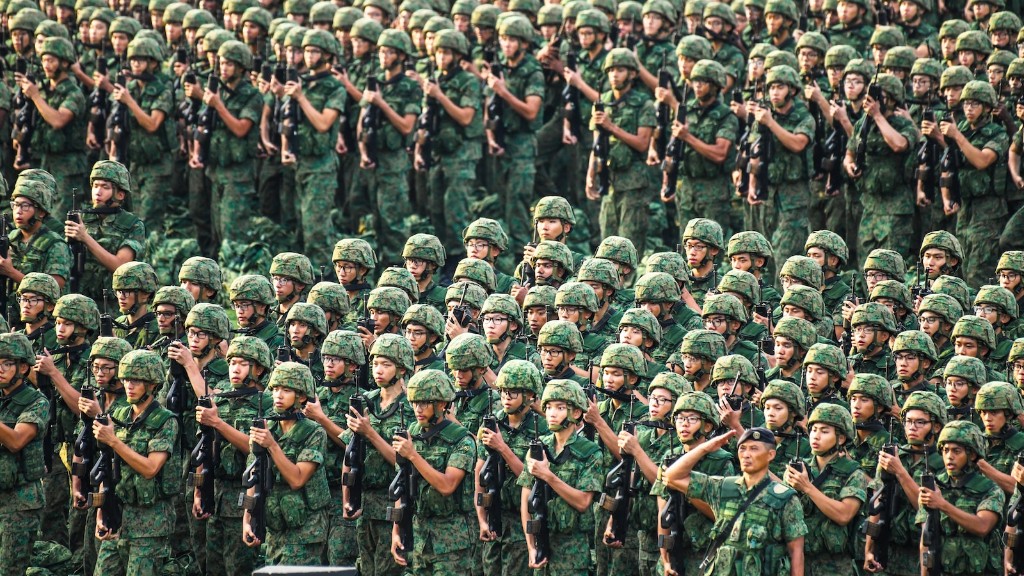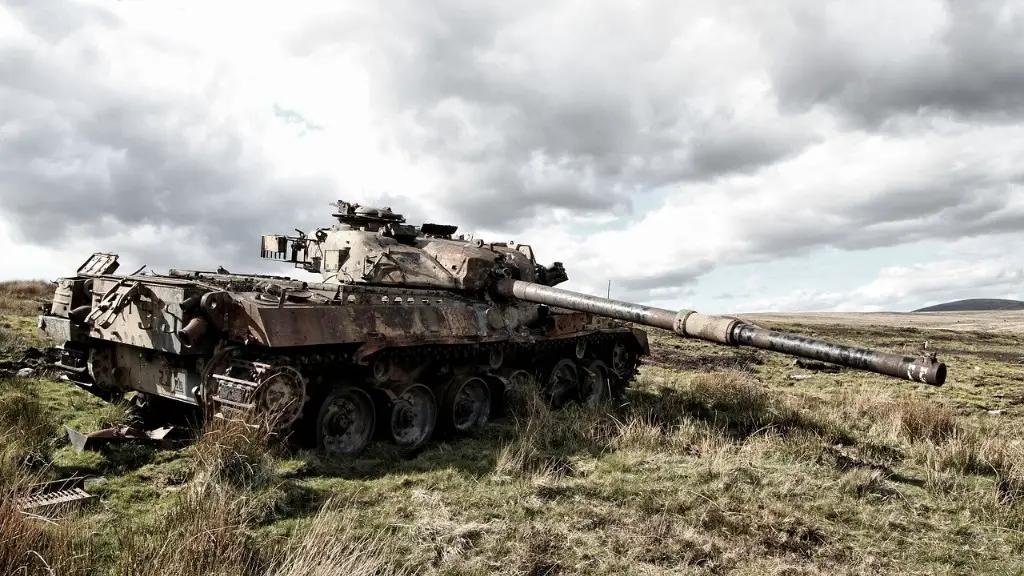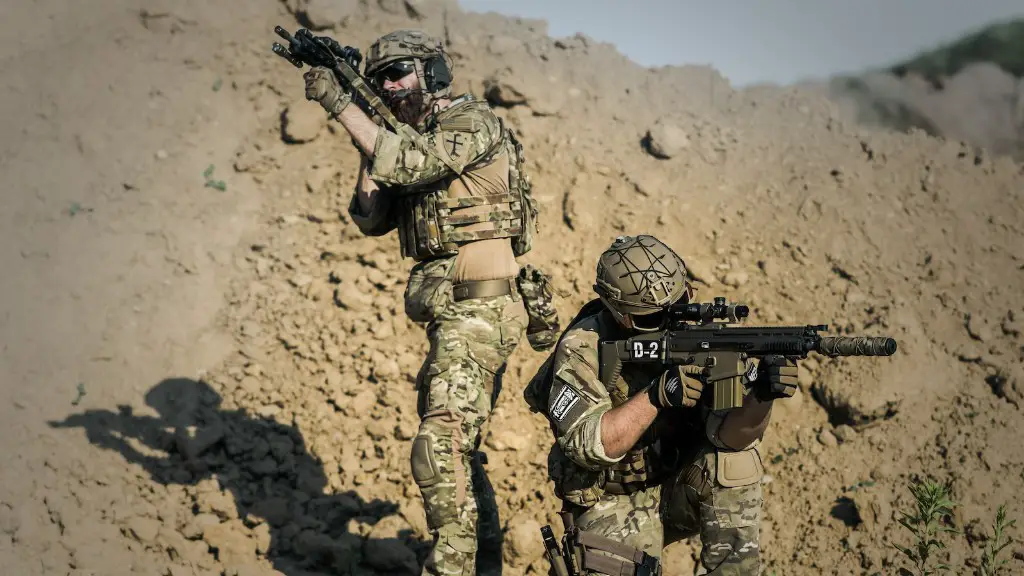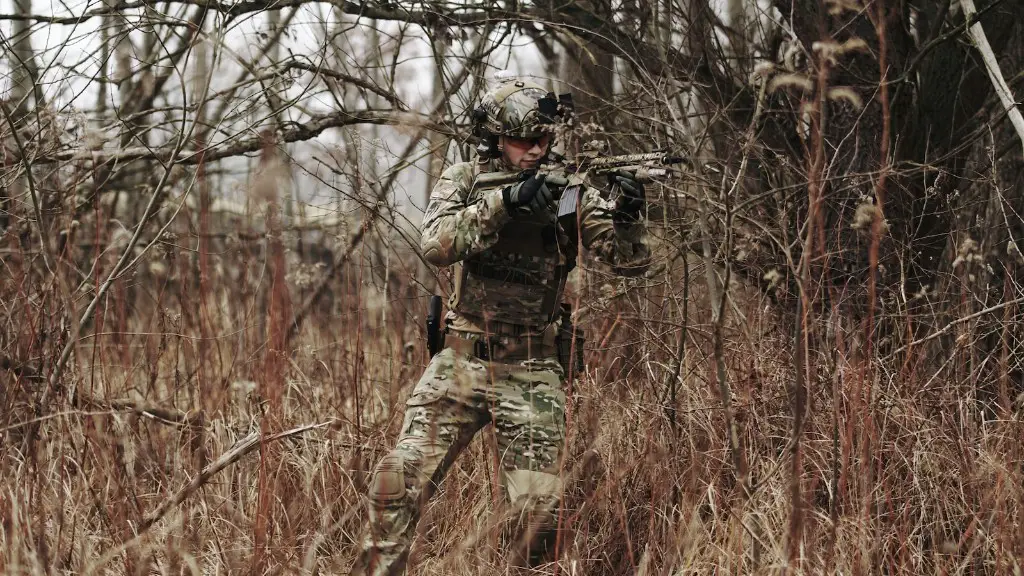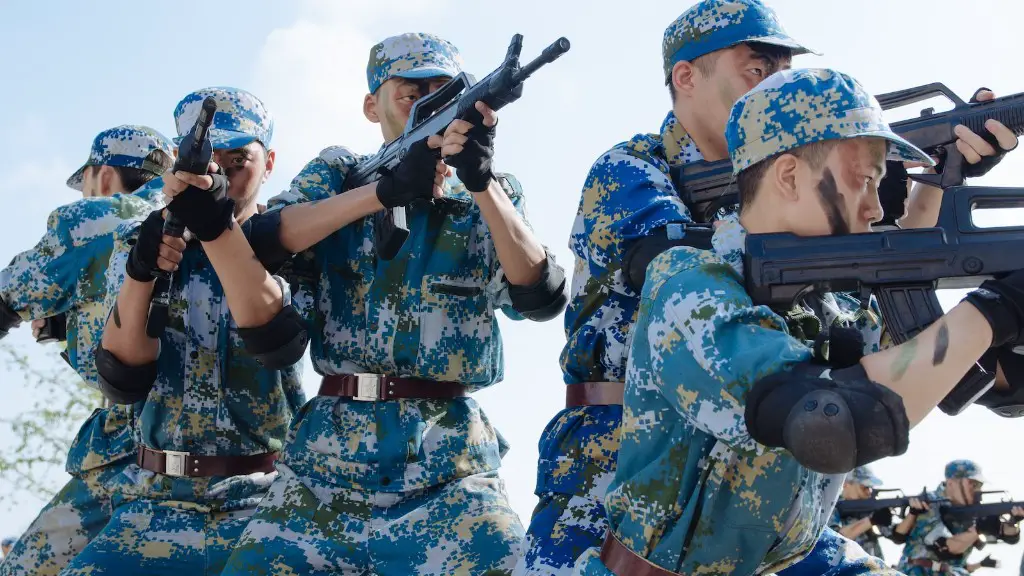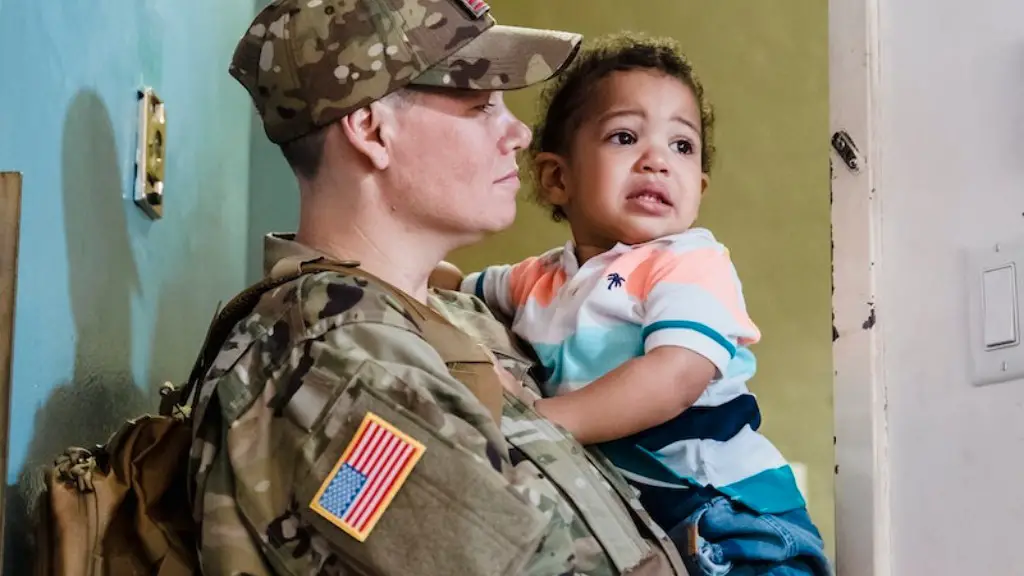What does it take to become a part of the United States Army Special Forces? It takes mental and physical toughness, extreme dedication, and the ability to perform under pressure. If you think you have what it takes, here is what you need to do.
The United States Army Special Forces, also known as the Green Berets, are the Army’s primary unconventional warfare force. They are trained and equipped to conduct operations in all environments, against all adversaries, and are particularly skilled in operating in remote and austere areas. Special Forces soldiers are typically adept at a wide range of missions, including direct action, counter-terrorism, foreign internal defense, unconventional warfare, special reconnaissance, and direct support to conventional forces.
Is it hard to get into Special Forces Army?
It is very difficult to become a green beret. The green beret is a selective team of highly qualified and speciality trained soldiers. To be considered for green beret you must pass the Physical Fitness Assessment (PFA) by meeting the minimum standard of forty-nine push-ups, fifty-nine sit-ups, 15:12 two-mile run, and six pull-ups.
You’ll complete that training in six stages over 63 weeks. The first trial is a two-week Special Operations Preparation Course (SOPC) which prepares possible candidates for the actual Special Forces Assessment and Selection (SFAS) — the first official phase of Green Beret training.
Can a civilian go straight to Special Forces
The 18X program is a great way for civilians to get into the Army and head straight to Special Forces selection. This is usually not an option for soldiers who are already in the Army, as they would need to wait a few years before being able to apply for selection.
Special Forces soldiers are some of the most highly trained and skilled soldiers in the Army. They undergo rigorous training to prepare them for missions that require them to be able to operate independently in austere and often hostile environments. If you are interested in joining the Army Special Forces, you can request assignment to a unit when you first enlist. A recommendation to attend the Special Operations Preparation Course will depend on your ASVAB results and how you perform during basic and advanced individual training. You can also join the Army Special Forces after you enlist or become an officer.
Do Special Forces get paid?
The average salary for a US Army Special Forces Operator is $51,379 per year, which is 15% above the national average. Salary information comes from 15,810 data points collected directly from employees, users, and past and present job advertisements on Indeed in the past 36 months.
The average yearly pay for a US Navy Special Forces Operator is approximately $69,971. This is 57% above the national average. Special Forces Operators are highly trained and skilled individuals who are responsible for carrying out some of the most difficult and dangerous missions. They are often required to work in austere and hostile environments, and their work can have a significant impact on the success of military operations.
Can you go straight to Army Special Forces?
Yes, you need to attend Basic Training to become a Special Forces Soldier. In addition to Basic Combat Training, Soldiers must have completed Advanced Individual Training (AIT) and US Army Airborne School to be eligible to begin Special Forces training.
If you are 26 or older, you can no longer register to vote. This is because the registration deadline has passed.
What is the max age to join Special Forces
Individuals who wish to join the Special Forces and have no prior military service may do so by contacting their nearest recruiting office. There are, however, a few requirements that must be met in order to be eligible:
-You must be 20 years old by your ship date to CMF 11 OSUT, but no older than 35 (waivers may be available).
In order to become a member of the Special Forces, you must first complete Airborne Training, followed by a 4-week Special Operations Preparation Course. You will then need to pass the Special Forces Assessment & Selection program. If you are successful, you will be invited to attend the Special Forces Qualification Course, which is 14 weeks of Infantry One Station Unit Training. Finally, you must score at least 110 on the ASVAB’s General Technical (GT) section, and 100 on the ASVAB’s Combat (CO) section.
How many people fail Special Forces?
The military special ops selection program is one of the most difficult and strenuous programs to complete. Out of all the applicants, only around 20-30% actually make it through the program. In order to even have a chance of being selected, you need to be in top physical condition and have some prior experience in the events that you will be training for. This is because the program has a very high attrition rate, with around 70-80% of applicants not making it through to the end. Having all the tools you need in your backpack is essential for success. This means being able to crush a fitness test, even on a bad day. With the right preparation and mindset, you can increase your chances of being selected for the military special ops selection program.
Taller people can have issues with boats, especially if they are the tallest in their boat crew. However, most students are in the average-sized man zone of 68-70 inches and 170-190 pounds. This is tall enough and enough muscle mass to do well at BUD/S.
What age do Special Forces retire
This rule applies to regular commissioned officers of the Army, Navy, Air Force, Marine Corps, or Space Force. Unless they are retired or separated earlier, they will be retired on the first day of the month following the month in which they turn 64 years of age.
The 75th Ranger Regiment recently released a video featuring a 52-year-old Ranger. He joined the Regiment at age 40, and it is possible for other men of a similar age to do the same, provided they take good care of their bodies and maintain a healthy diet.
What is the hardest military training?
There is no doubt that the military places a high emphasis on physical fitness and combat readiness. However, there are some branches of the military that place an even higher emphasis on these things. The United States Navy, Marines, and Army all have very demanding training programs that are designed to push recruits to their limits.
While it is impossible to say which training program is the most difficult, it is clear that all three of these branches of the military offer a significant challenge. Navy Seal training is infamous for its brutal physical demands, while the Marine Corps is known for its grueling combat training. Finally, the Army’s Green Beret training is widely considered to be the most difficult of all, due to its emphasis on mental and physical toughness.
Whichever branch of the military you choose to join, you can be sure that you will be facing a tough road ahead. But remember, the hardest part is always just getting started.
The highest-paying military career jobs are those that require the most training and specialization. The most highly paid military officers are those who lead special operations forces, command and control centers, and medical, dental, and pharmacy services.
Final Words
There is no one-size-fits-all answer to this question, as the process of becoming a US Army Special Forces soldier varies depending on each individual’s qualifications and background. However, generally speaking, the path to becoming a Special Forces soldier typically involves completing basic military training, followed by advanced individual training (AIT), and then completing the Special Forces Qualification Course (SFQC).
Although there is no one specific path to becoming a part of the United States Army Special Forces, there are certain things that will help you on the way. You need to be an active duty member of the Army, have a clean record, and excel in your physical fitness and military training. You also need to be recommended by a Special Forces soldier and approved by a Special Forces commander. If you can meet all of these requirements, you will be well on your way to becoming a part of the Army Special Forces.
